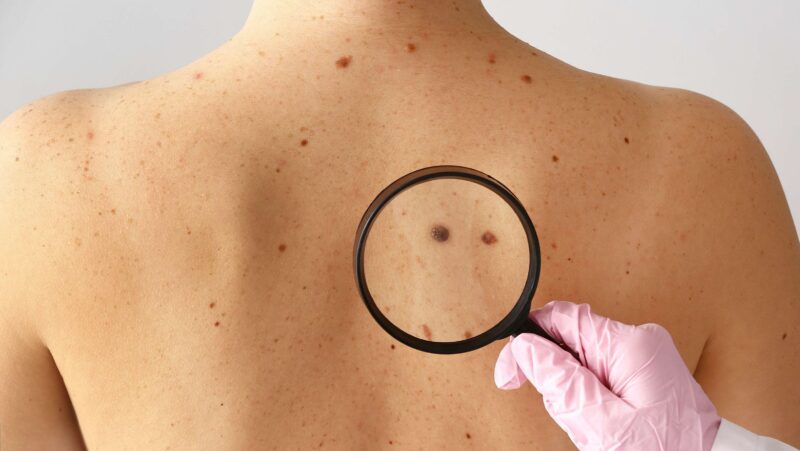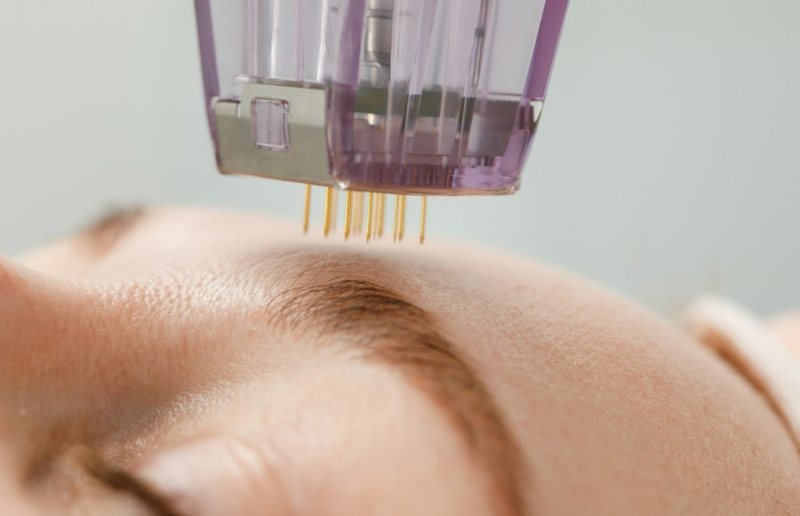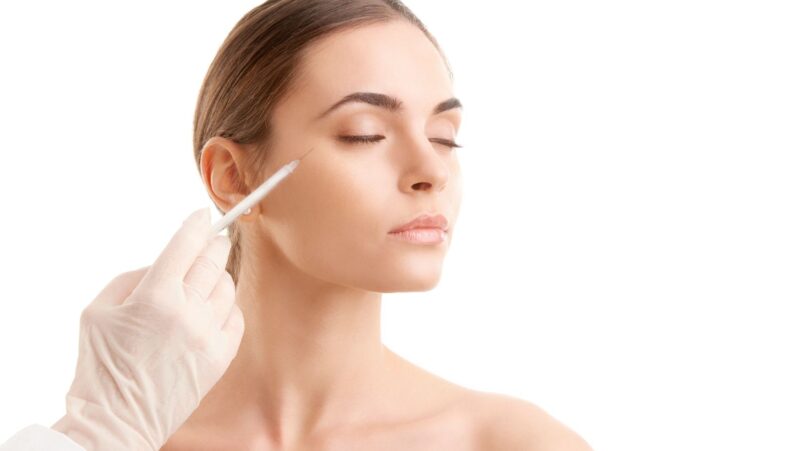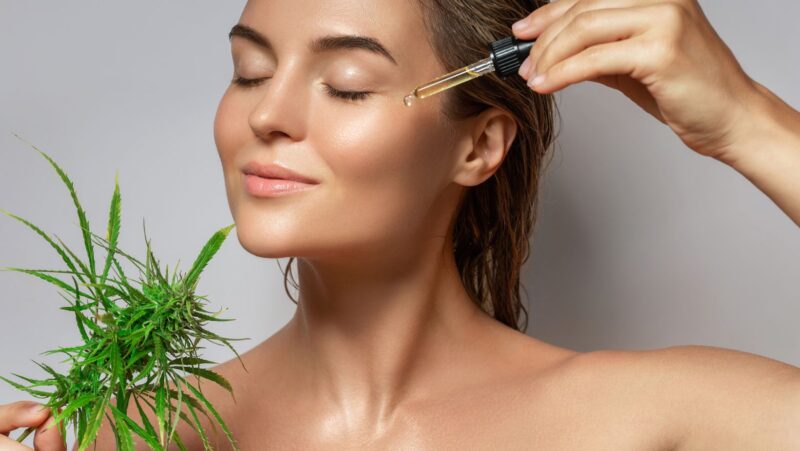
Skin is the body’s largest organ and acts as the first line of defense against environmental threats. Maintaining healthy skin is not just about aesthetics; it plays a crucial role in overall well-being. Healthy skin effectively protects us from harmful elements, regulates body temperature, and provides sensory feedback. Therefore, recognizing the signs of unhealthy skin is essential for maintaining both our appearance and our health.
Unhealthy skin can indicate underlying health issues or the need for changes in lifestyle and skincare routines. From dryness and redness to acne and premature aging, various symptoms can signal that your skin needs attention. By understanding these warning signs, you can take proactive steps to improve your skin’s condition.
Warning Signs of Unhealthy Skin
Our skin communicates with us in various ways, often through visible changes that shouldn’t be ignored. Recognizing these warning signs early on can help us take prompt action and prevent further damage.
- Dry and flaky skin: Dryness and flakiness can be caused by a variety of factors, such as dehydration, harsh weather conditions, or the use of irritating skincare products. Symptoms can range from a mild rough texture to intense itchiness and visible flaking. In some cases, persistent dryness and scaliness could be a sign of an underlying skin condition like dry skin psoriasis.
- Redness and inflammation: Persistent redness, swelling, and sensitivity can be signs of inflammation. This can be triggered by allergies, exposure to irritants, or skin conditions such as eczema or rosacea. If you experience unexplained redness or inflammation, it’s important to identify the underlying cause and address it accordingly.
- Acne and breakouts: Pimples, blackheads, and whiteheads are common signs of acne, which can be caused by a variety of factors, including hormonal imbalances, a poor diet, or clogged pores. While occasional breakouts are normal, persistent or severe acne may require targeted treatment to prevent scarring and promote healing.
- Discoloration and pigmentation issues: Uneven skin tone, dark spots (also known as hyperpigmentation), and melasma are examples of pigmentation issues. These can be caused by sun damage, hormonal changes, or the natural aging process. Addressing pigmentation concerns often requires a combination of preventive measures (such as sun protection) and targeted treatments.
- Excessive oiliness: Overactive sebaceous glands, often triggered by hormonal fluctuations, can lead to excessive oiliness. This can manifest as a persistently shiny appearance, enlarged pores, and frequent breakouts. Managing oily skin involves maintaining a consistent skincare routine with products designed to control oil production and prevent clogged pores.
- Premature aging: Wrinkles, fine lines, and sagging skin are natural signs of aging, but certain factors like excessive sun exposure, smoking, and neglecting a proper skincare routine can accelerate this process. Preventing premature aging involves protecting your skin from harmful UV rays, adopting healthy lifestyle habits, and using skincare products with anti-aging properties.
Understanding these warning signs of unhealthy skin is the first step toward addressing and improving your skin’s condition.
Common Causes of Unhealthy Skin
Just as a balanced diet nourishes our bodies, healthy skin requires proper care and attention to thrive. Several lifestyle factors can contribute to skin problems, and understanding these culprits empowers us to make informed choices for a healthier complexion.
- Poor diet and nutrition: A diet lacking essential vitamins, minerals, and antioxidants can leave your skin dull and prone to issues. Processed foods, sugary drinks, and excessive dairy consumption may trigger inflammation and breakouts.
- Lack of hydration: Dehydration not only affects our overall well-being but also shows up on our skin. Insufficient water intake can lead to dryness, flakiness, and a loss of elasticity, making fine lines and wrinkles more pronounced.
- Inadequate skincare routine: Neglecting a consistent skincare routine or using harsh, unsuitable products can disrupt your skin’s natural balance. Over-cleansing, skipping moisturizer, or using comedogenic (pore-clogging) ingredients can contribute to various skin problems.
- Exposure to pollutants and toxins: Environmental aggressors like pollution, smoke, and chemicals can damage the skin’s protective barrier, leading to irritation, sensitivity, and premature aging.
- Stress and lack of sleep: When we’re stressed or sleep-deprived, our bodies release cortisol, a stress hormone that can wreak havoc on our skin. This can manifest as acne flare-ups, increased oil production, and a dull complexion.
- Unprotected sun exposure: While the sun’s rays are essential for vitamin D synthesis, excessive and unprotected exposure can lead to a host of skin problems, including sunburn, hyperpigmentation, and premature aging. Moreover, it significantly increases the risk of skin cancer.
Addressing these common causes of unhealthy skin allows you to take proactive steps to improve and maintain your skin’s health.
Solutions for Improving Skin Health
Healthy skin is an ongoing commitment, not a destination. By embracing a holistic approach that encompasses skincare, lifestyle choices, and targeted treatments, you can achieve and maintain a radiant complexion.
- Daily cleansing and moisturizing: These are the cornerstones of any skincare routine. Choose a gentle cleanser that won’t strip your skin’s natural oils and a moisturizer suited to your skin type to keep it hydrated and supple.
- Use of sunscreen: Sunscreen isn’t just for beach days—it’s a daily essential. Apply a broad-spectrum sunscreen with SPF 30 or higher every morning to protect your skin from harmful UV rays.
- Balanced diet rich in vitamins and antioxidants: Fuel your skin from within by eating a variety of fruits, vegetables, whole grains, and lean protein. These provide essential nutrients that promote skin health and protect against damage.
- Adequate water intake: Hydration is key for plump, glowing skin. Aim to drink at least eight glasses of water per day to keep your skin hydrated and functioning optimally.
If you have persistent or severe skin concerns, or if over-the-counter remedies aren’t working, it’s time to seek professional help. A dermatologist can diagnose your condition, recommend appropriate treatments, and monitor your progress.
Conclusion
Taking care of your skin is essential for overall health and well-being. With proper skincare routines, a balanced diet, and protective measures, you can achieve and maintain healthy, radiant skin. Start making small changes today to see significant improvements in your skin’s condition.
















